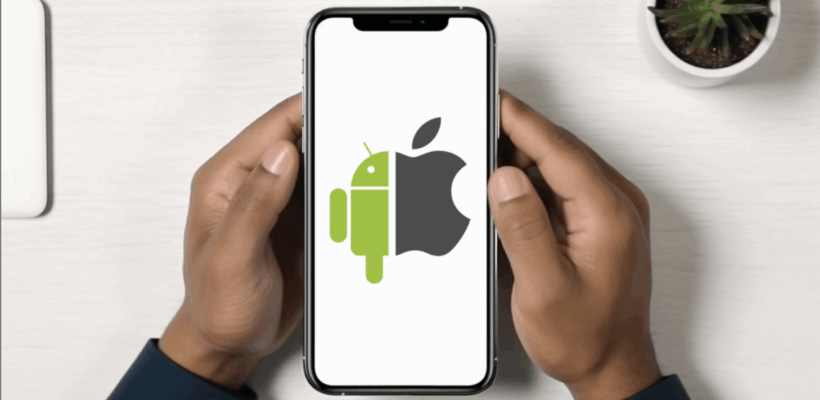
Choosing the Right Mobile Platform for Your First App
When building a mobile app for your business, one of the first strategic decisions you’ll face is choosing between iOS and Android as your initial platform. While launching on both platforms is ideal in the long run, starting with one can reduce cost, risk, and time-to-market.
To make the right decision, consider these five key factors:
-
Target audience
-
Project timeline
-
Desired app features
-
Budget for development and maintenance
-
Revenue and monetization goals
Why Many Start with iOS
iOS is often preferred by startups and businesses building their first app. Here’s why:
-
Faster Development: iOS development tends to be quicker and more streamlined.
-
Lower Initial Cost: iOS apps often cost less to develop due to fewer device types and standardized screen sizes.
-
Simplified Codebase: Apple’s Swift programming language is known for its simplicity and efficiency.
However, one tradeoff is that Apple’s App Store has a more rigorous review process and higher quality expectations, which can add some approval time.
When Android Might Be a Better Fit
Android’s open-source environment provides more flexibility, which can be a significant advantage if:
-
You need custom features or want to support a wide range of devices.
-
You plan to experiment with advanced hardware integrations or run your app on a variety of form factors.
That said, developing for Android usually requires more time and testing, due to the diversity of devices and screen sizes. The open nature of the platform can also increase exposure to piracy and security vulnerabilities.
Monetization: iOS Users Spend More, But Android Has Reach
Your revenue model also plays a big role in choosing your first platform:
-
iOS users are more likely to pay for apps, subscriptions, and in-app purchases.
-
Android has broader global reach, especially in emerging markets, but monetization often relies on ads rather than direct purchases.
-
Utility apps tend to perform better on Android, where users are more receptive to ad-supported models.
-
Shopping and subscription-based apps typically earn more on iOS, especially in North America and parts of Asia.
If your primary goal is revenue through purchases rather than advertising, iOS may offer better return on investment initially.
Summary
If you’re aiming to launch a minimal viable product (MVP) quickly and cost-effectively, iOS is usually the smarter starting point. But if you need feature-rich customization and broader device support, Android could be the better platform.
At the end of the day, your choice should align with your audience’s behavior, business goals, and budget. Understanding what your users want—and how they engage with mobile platforms—will guide you toward the best path for your app’s success.
